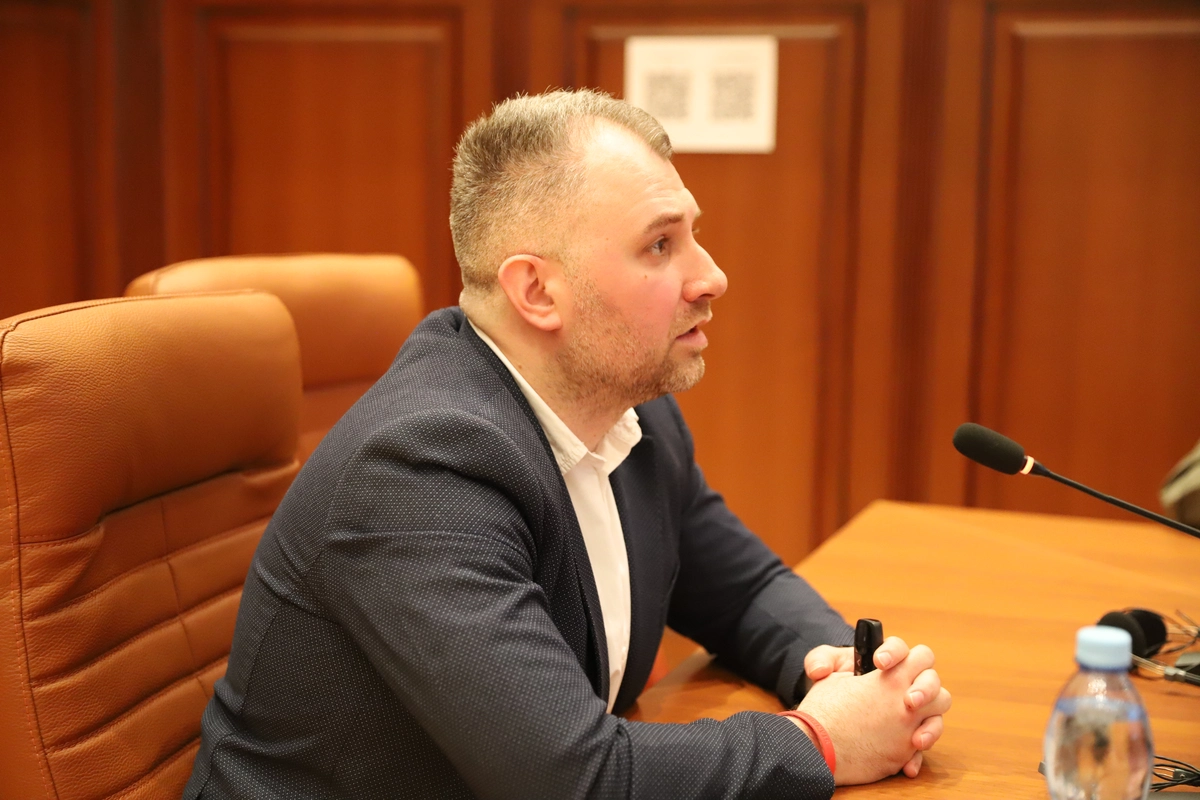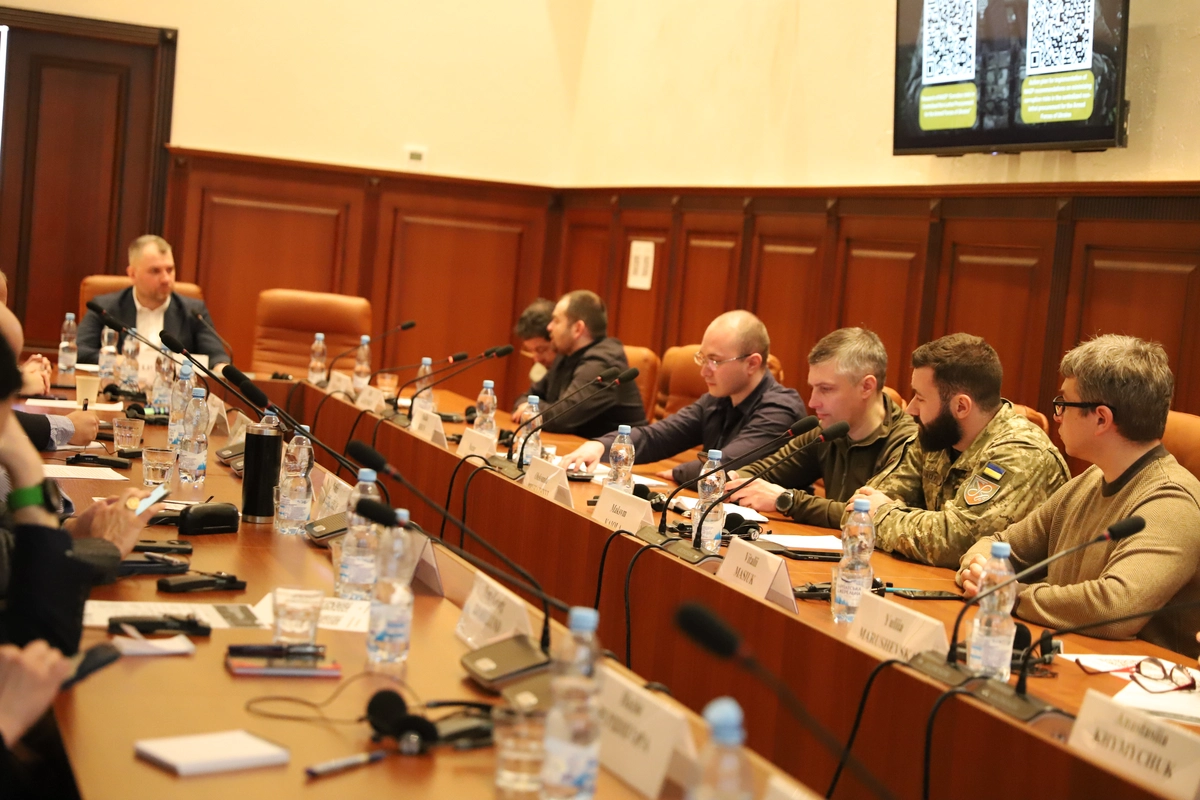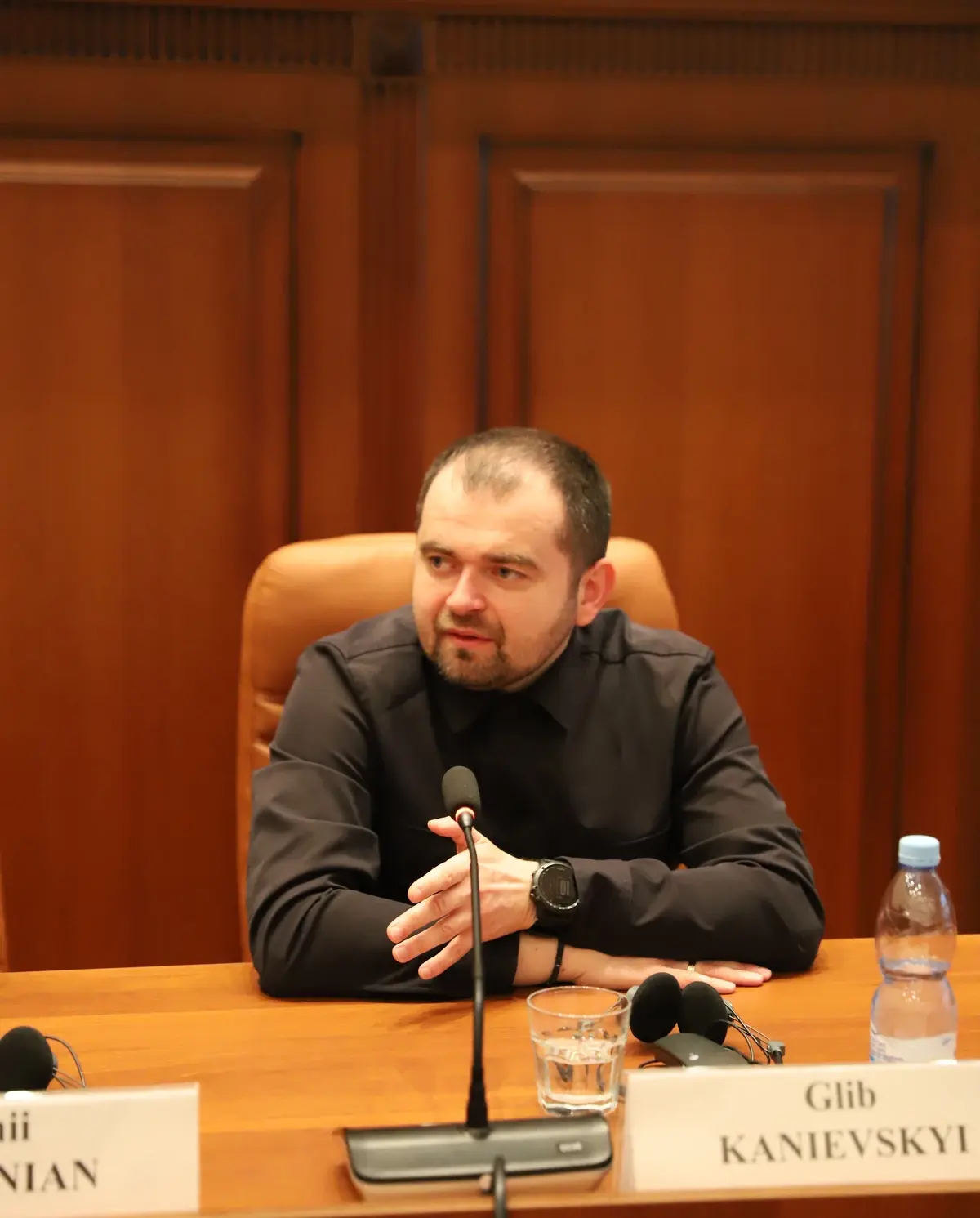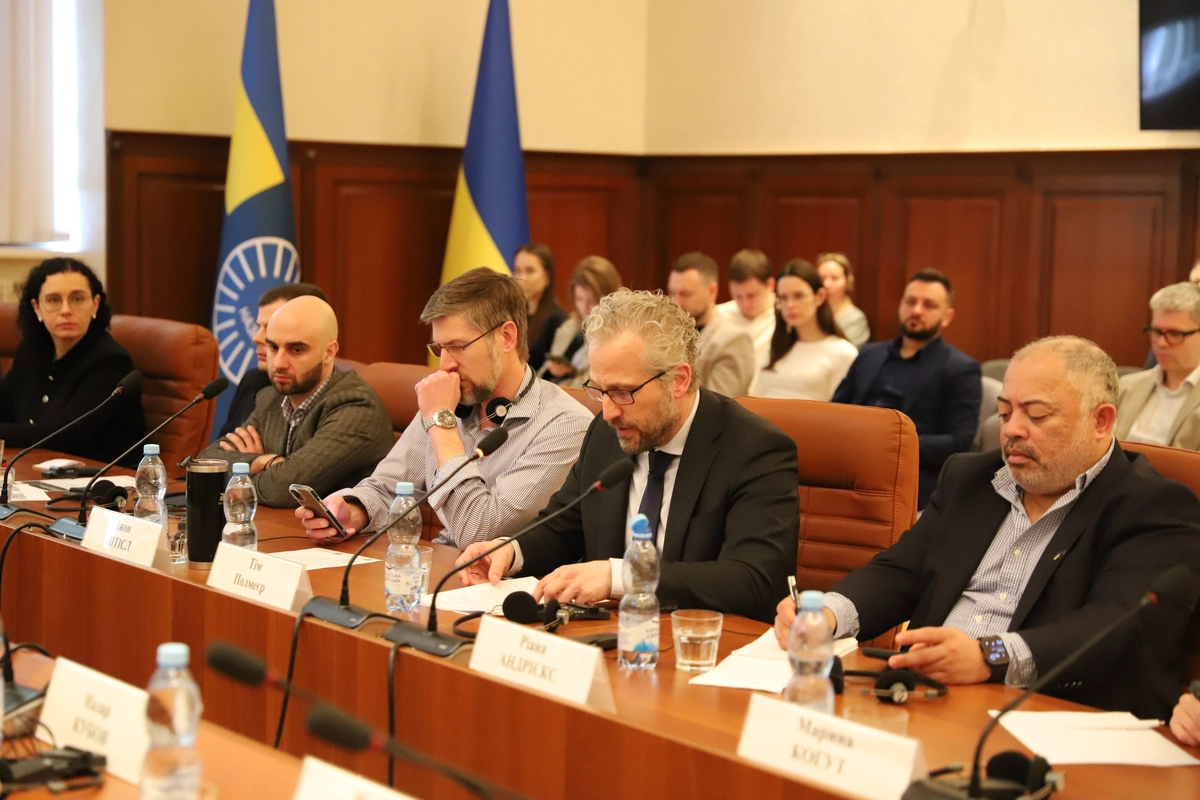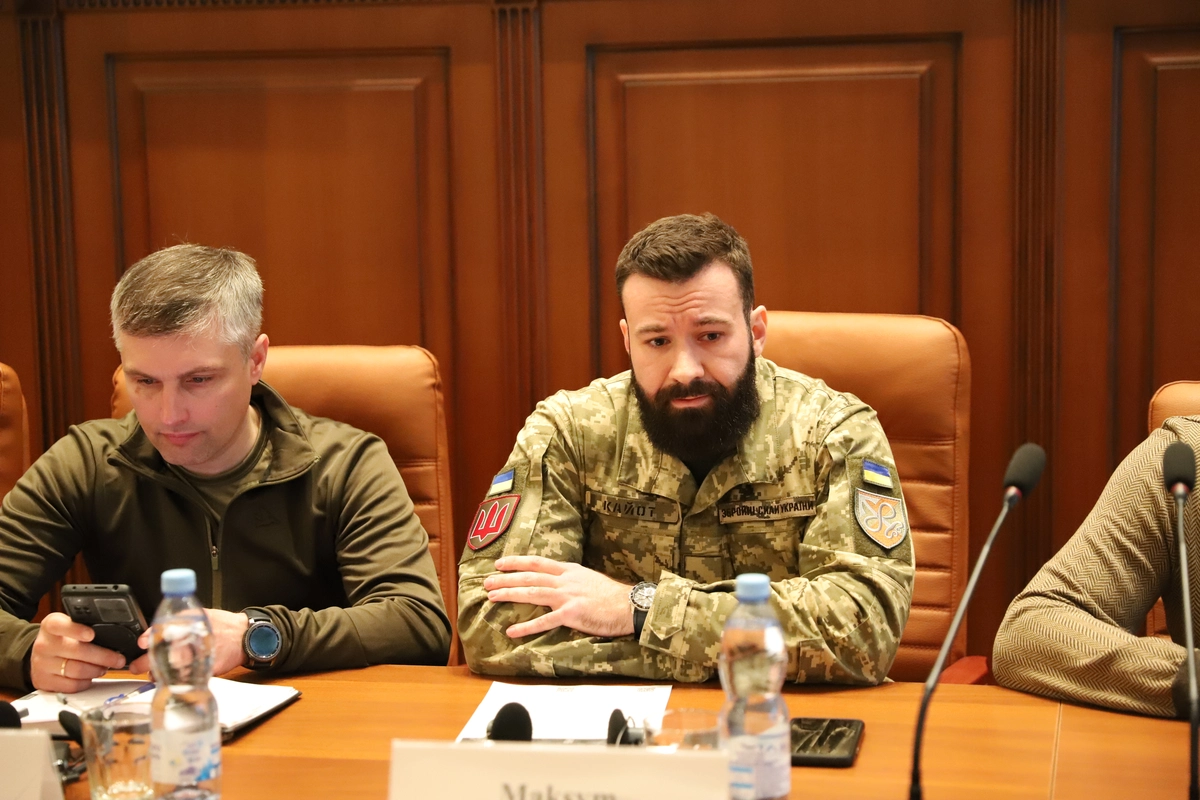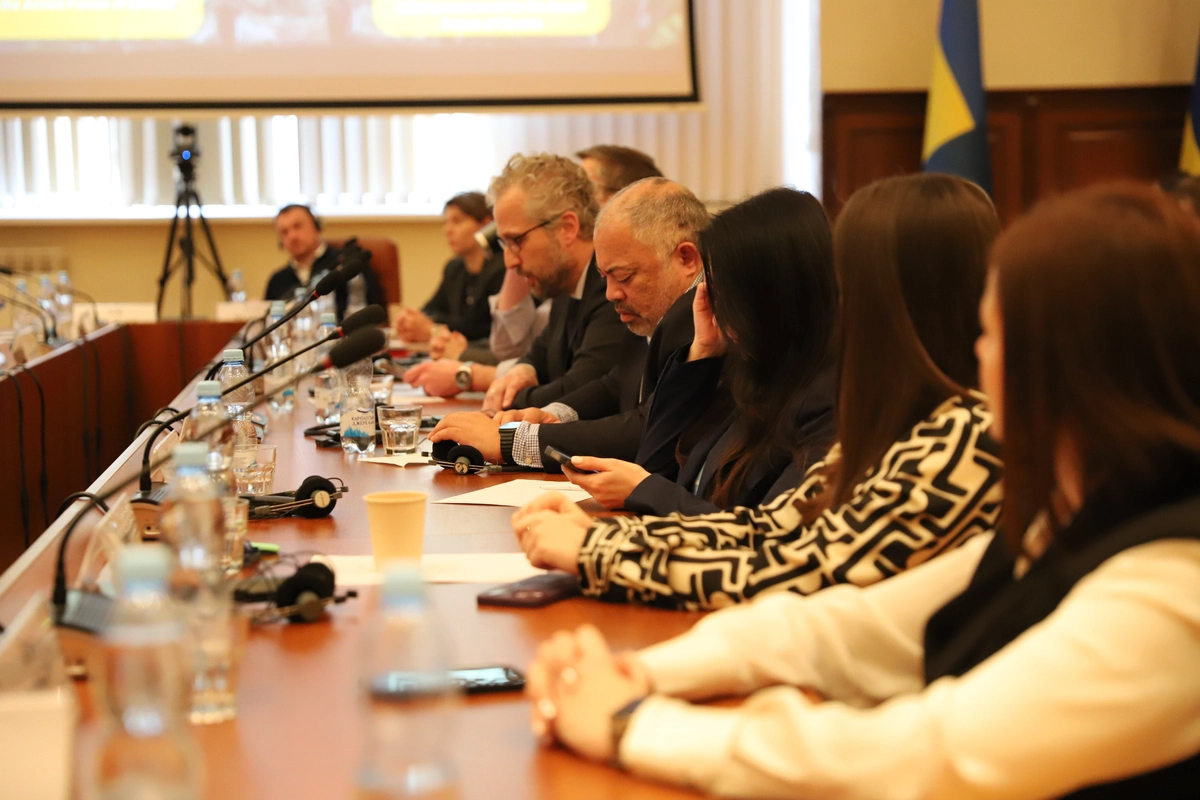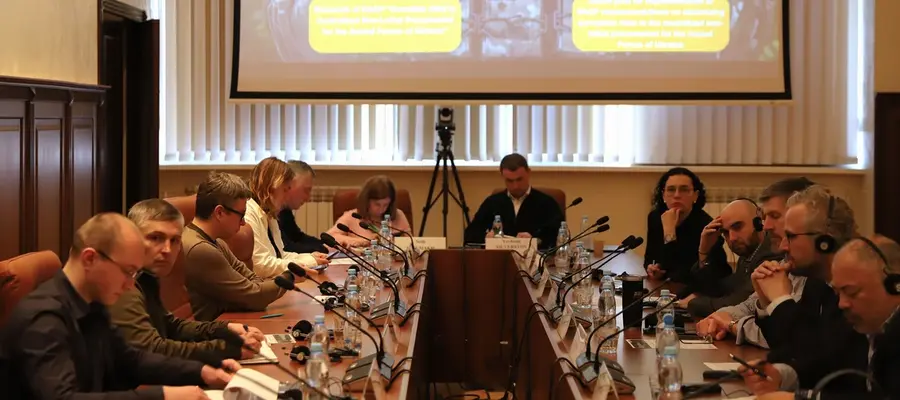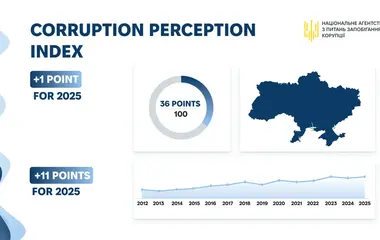The National Agency on Corruption Prevention (NACP), together with the Ministry of Defence of Ukraine and the State Enterprise ‘State Logistics Operator’ (‘DOT’), has developed an Implementation Plan to minimise corruption risks in centralised logistics procurement for the Armed Forces of Ukraine. It contains a list of measures to implement the NACP recommendations described in the relevant study, including NATO recommendations.
"The National Agency has been appointed responsible for the overall coordination of the work of state bodies in fulfilling the tasks envisaged by the Building Integrity objective of the NATO Interoperability Initial Requirements for Ukraine. The defence sector is identified as one of the priority areas for preventing corruption in the current Anti-Corruption Strategy, and defence procurement is one of the five issues in this area. It is important that NATO fully assists Ukraine in bringing its defence procurement system closer to international standards and strengthening interoperability between Ukraine and the Alliance,’ said NACP Head Viktor Pavlushchyk.
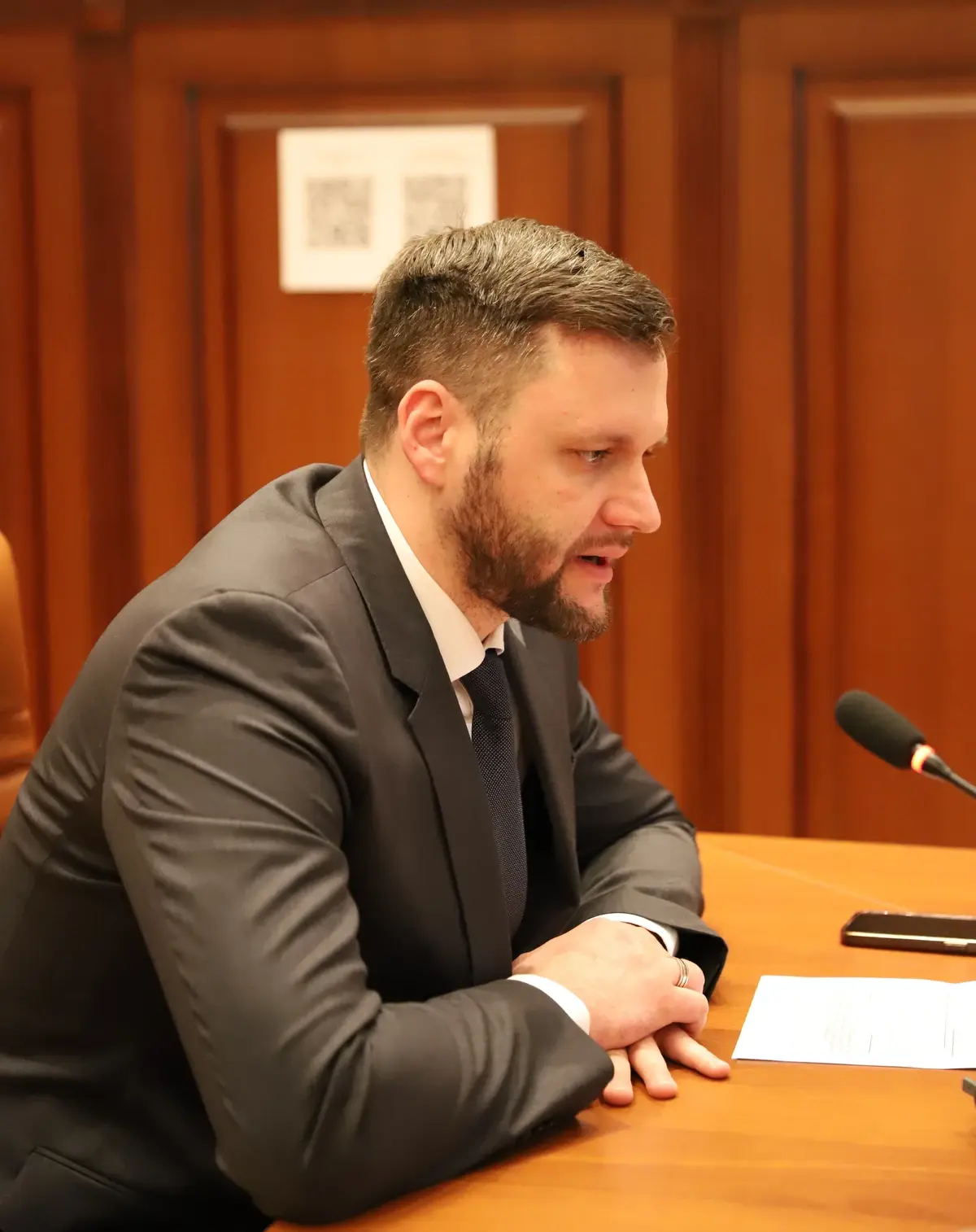
According to Yaroslav Lyubchenko, Head of the NACP's Security and Defence Integrity Policy Development Department, the NACP's recommendations are in line with the recommendations of the Strategic Review of Ukraine's Defence Procurement System, which were developed jointly with experts from NATO member states. These recommendations are integrated into the NACP's study ‘Corruption Risks in Centralised Logistics Procurement for the Armed Forces of Ukraine’, so the presented plan is a single comprehensive programme of measures to minimise corruption risks and implement international standards in the field of logistics support for the Armed Forces of Ukraine.
"Accountability is a fundamental principle of all recommendations. Building and maintaining integrity, sustained transparency and ensuring high competitiveness in defence procurement are cross-cutting issues among all the recommendations of the Strategic Review of Ukraine's Defence Procurement System. In wartime, transparency and accountability are achieved by coordinating the implementation of existing government regulations by state institutions. Strengthening internal systems of checks and balances, including wartime-appropriate oversight mechanisms such as supervisory boards, the introduction of digital solutions and standardisation of defence procurement practices,’ said Tim Polmeyer, Comprehensive Assistance Package Coordinator at NATO's Ukraine Representation.
The main implementers of the recommendations are the Ministry of Defence, the Ministry of Economy, the Ministry of Strategic Industries and the Parliamentary Committee on National Security, Defence and Intelligence. Representatives of these agencies, NGOs and international experts took part in the discussion of the plan.
"Logistics procurement should be as open and competitive as possible, and competition should only increase with the involvement of more and more Ukrainian producers. Another area of work is the introduction of IT tools for the digitalisation of logistics processes of the Armed Forces, namely the DOT-Chain system, which was launched last year by the Defence Ministry, digitising the entire process of food supply,’ said Hlib Kanevskyi, Director of the Procurement Policy Department of the Ministry of Defence.
In the future, the NACP plans to coordinate all stakeholders involved in the implementation of the above recommendations, as well as monitor the progress of the tasks set out in the plan.
It is worth noting that the NACP's role is not only to provide recommendations to eliminate corruption risks, but also to provide comprehensive assistance in their implementation. In this regard, the main purpose of this event was to receive feedback and proposals for assistance in implementing the developed measures from international partners and NGOs.
Advisory and financial support to the NACP is provided by the NATO Representation to Ukraine and the Centre for Integrity in the Defence Sector (CIDS) at the Norwegian Ministry of Defence.
